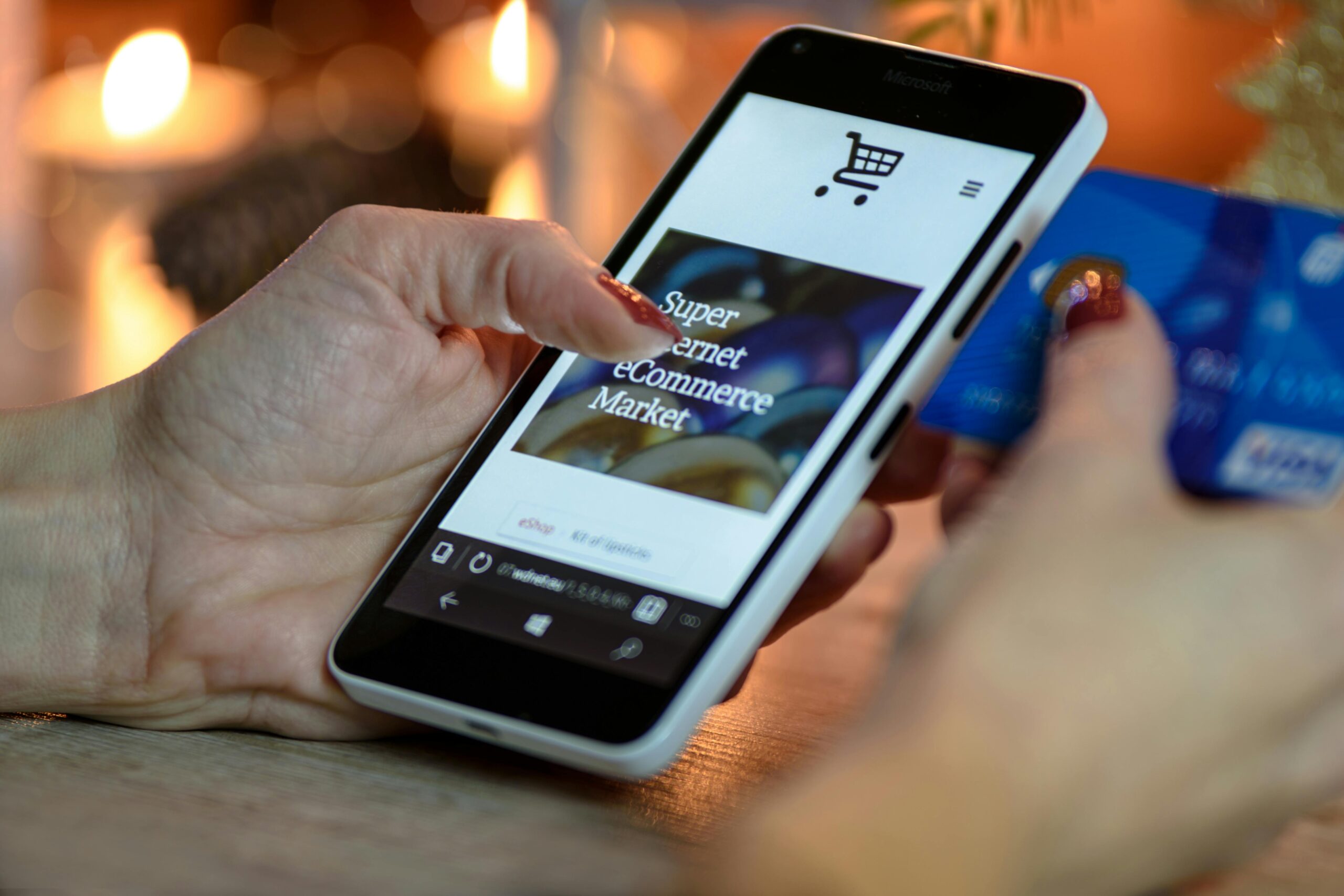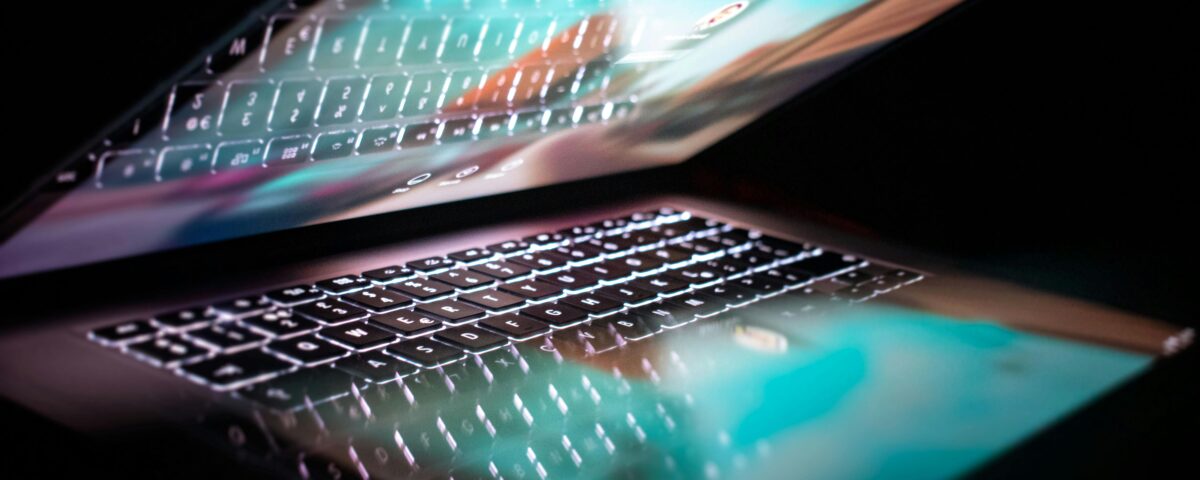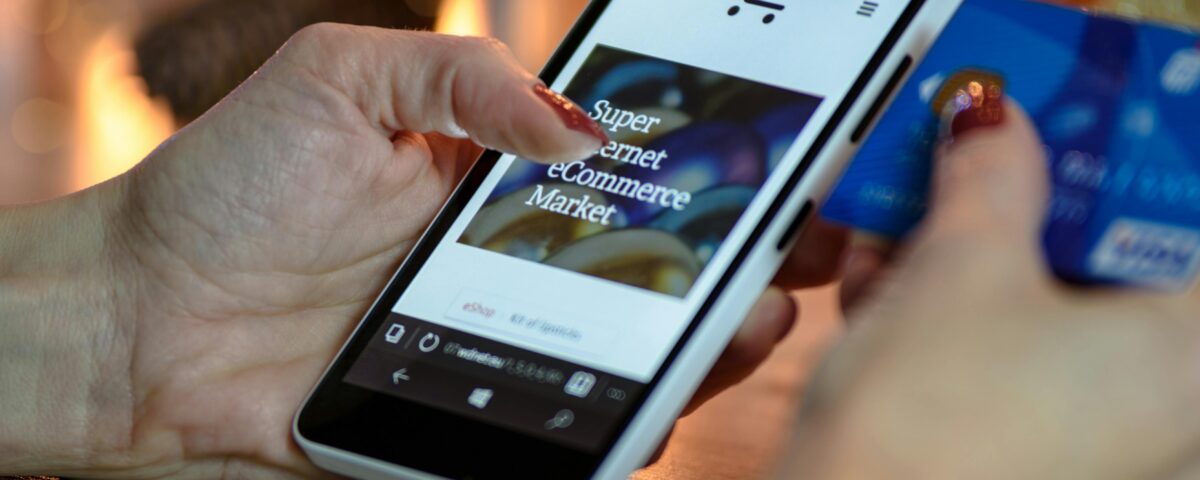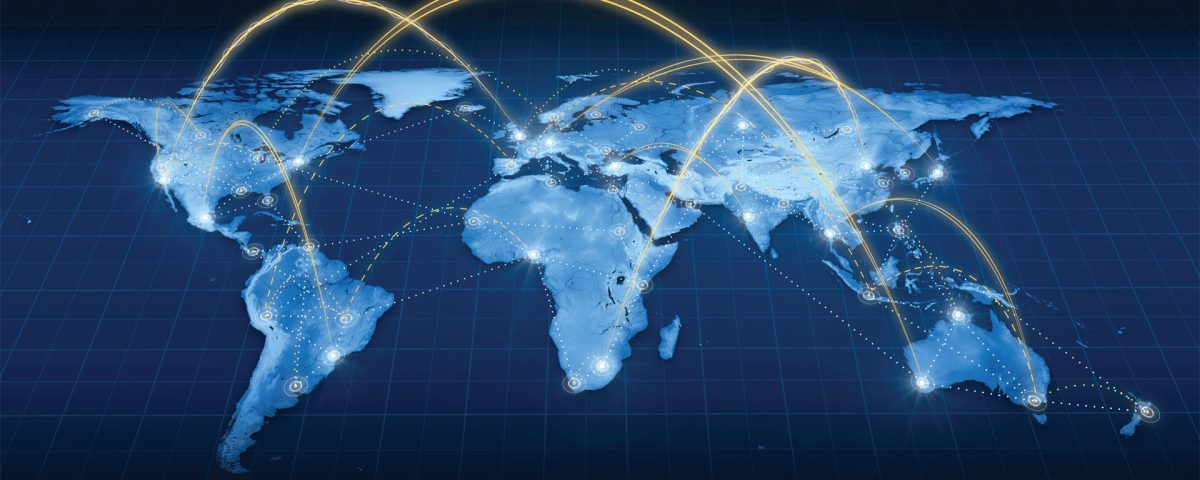We live in a world where almost everything happens online — from paying bills and buying groceries to managing savings and investments. But every time you enter a password, credit card number, or personal detail, there’s a silent risk. Hackers, trackers, and data brokers are constantly looking for opportunities to capture sensitive information. That’s why using a VPN (Virtual Private Network) is one of the smartest and simplest ways to keep your personal data safe when shopping, banking, or browsing the web.
The Hidden Dangers of Everyday Internet Use
You might think that your connection at home or in a café is safe enough. But even secure-looking websites and “trusted” networks can expose you to threats. Public Wi-Fi in particular is one of the easiest hunting grounds for cybercriminals. Without encryption, anyone on the same network can potentially intercept your connection and capture your login details or financial information.
Even at home, your Internet Service Provider (ISP) can monitor your browsing history and sell it to advertisers. Online retailers use cookies to track your behavior, building profiles that reveal your spending habits and preferences. Every click, every page you view, and every purchase you make contributes to a growing pool of personal data that’s valuable to someone else.
How a VPN Protects You
A VPN works by encrypting your internet connection, turning your data into unreadable code before it leaves your device. This makes it virtually impossible for hackers or third parties to intercept your personal information. Your IP address — which reveals your physical location — is also hidden, making your online activity completely anonymous.
When you connect to a VPN, your traffic is routed through a secure server, replacing your actual identity with that of the VPN provider’s server. This means websites and services can’t track you as easily, and your ISP can’t see which sites you’re visiting or what you’re doing online.
Safe Online Shopping
Online shopping is convenient, but it also involves constant data exchange — credit card numbers, billing addresses, and login credentials. A VPN adds an essential layer of encryption that protects this data from potential interception.
Moreover, a VPN allows you to connect to servers in different locations, which can sometimes reveal better deals or avoid price discrimination. Some online stores display different prices based on your region, so switching to another server may save you money on certain products or services.
Secure Online Banking
Banking online without protection is like leaving your wallet on the table in a crowded café. Even though most banks use secure HTTPS connections, vulnerabilities can still exist, especially when you access your account over public Wi-Fi.
A VPN ensures that your connection remains encrypted and secure, no matter where you are. Whether you’re transferring funds, checking balances, or paying bills, your information travels through a private tunnel that keeps it safe from intruders.
It’s also an extra defense against phishing attacks. Since VPNs hide your location and IP address, hackers have a harder time launching targeted scams or fake login pages.
Everyday Browsing Protection
Even when you’re not shopping or banking, your browsing activity reveals a lot about you — your interests, habits, and even your routines. Advertisers use this data to track and profile you. With a VPN, your browsing history becomes anonymous, giving you control over your digital footprint.
This is especially useful when researching sensitive topics or when you simply want privacy from search engines and websites that track user behavior.
Privacy Beyond Protection
In today’s world, data is valuable currency. Companies pay billions to collect, analyze, and sell user data. Every time you browse, shop, or stream without protection, you’re essentially handing over personal information for free. A VPN helps level the playing field by ensuring that your personal information remains yours alone.
The Importance of Encryption
Modern VPNs use advanced encryption standards like AES-256, which is the same technology used by governments and financial institutions to protect classified data. This means that even if a hacker intercepted your connection, decrypting it would take an unimaginable amount of computing power and time — far beyond what’s possible in practice.
Easy Setup for Everyday Use
Setting up a VPN for personal protection doesn’t require technical knowledge. Most VPN services offer apps for smartphones, tablets, and computers. You can even configure your router to cover your entire home network. Once it’s on, you can shop, bank, and browse knowing your personal data is locked safely behind strong encryption.
Final Thoughts
The internet has made life easier but also more vulnerable. Every online transaction or login carries a risk of exposure. By using a VPN, you shield your data from cybercriminals, prying ISPs, and intrusive advertisers. It’s the simplest way to ensure that your private information stays private — no matter what you do online. When it comes to protecting your identity, a VPN isn’t optional anymore; it’s essential.









